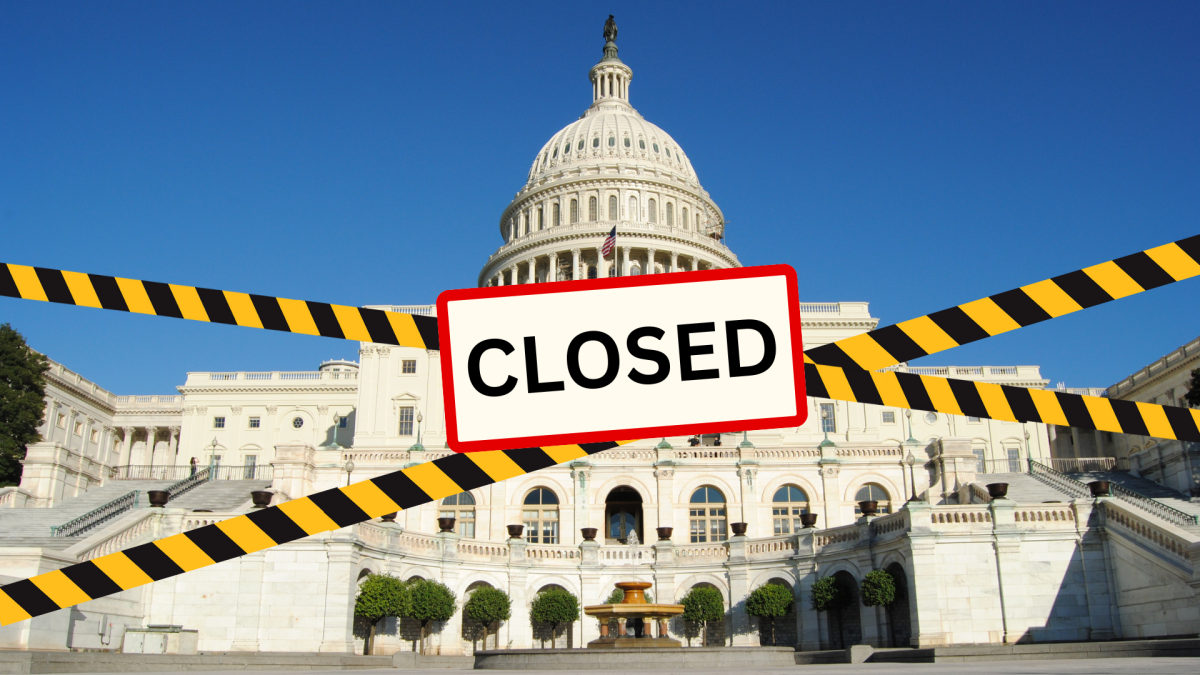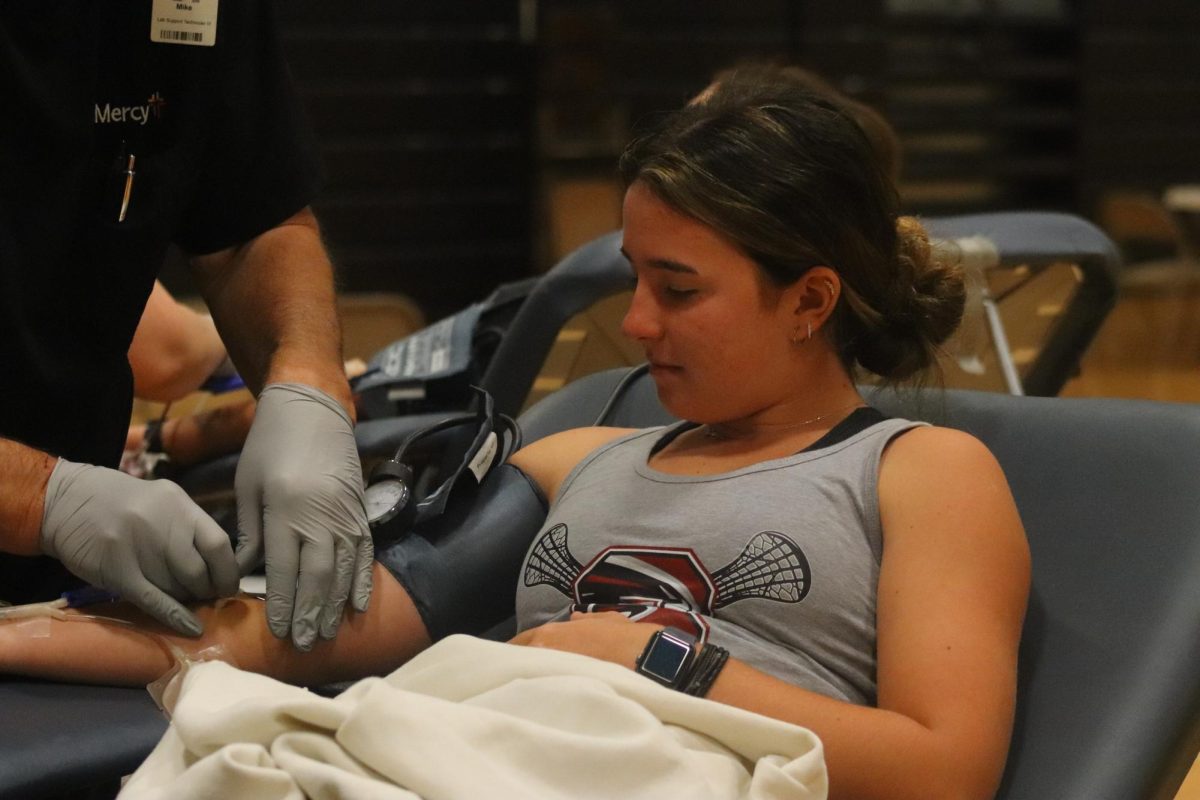With Congress failing to pass a budget for the 2026 fiscal year (FY 2026), the US government has entered a shutdown. This means that federal funding for many programs halted on Oct. 1, the beginning of FY 2026. AP Government teacher Mary Jo Bauer said due to the shutdown, employees of the federal government aren’t being paid, even though some employees are needed for the government to run, and must continue to work.
“There’s no money to operate our government, and therefore government employees have been furloughed, which is basically a temporary required vacation. There are some employees that are considered a necessity, and as a result, they have to report to work, but they’re not being paid,” Bauer said.
A government shutdown can affect a myriad of federal programs, including the Transportation Security Administration in airports, social security, national parks, programs for low income households like the Supplemental Nutrition Assistance Program, and Federal Student Aid. With federal workers furloughed, Bauer said students may encounter issues applying for federal aid.
“There are a lot of students right now applying for federal aid for college, and they’re going to be running into roadblocks because there’s nobody in some of those offices to be answering phone calls and to be sending emails,” Bauer said.
A government shutdown occurs when the Senate is unable to attain the required majority of 60 senators voting yes on a federal budget. A major point of the federal budget that has caused discourse is Democrats’ desire for extension of the Affordable Care Act, which uses federal funds to make affordable health insurance more accessible, and expires in 2025. Bauer said that she hopes that the 60 senator majority will promote debate and compromise on the budget for FY 2026.
“We have a situation where there are 53 Republicans in the Senate and 45 members of The Democratic Party, but you need 60 senators to agree, and so it’s going to take seven Democrats to vote not with their party, and hopefully it causes bringing people back to the table so that they can sit down and they can work out a compromise, but I’m not seeing a lot of that happen,” Bauer said. All information is current as of Oct. 20.







